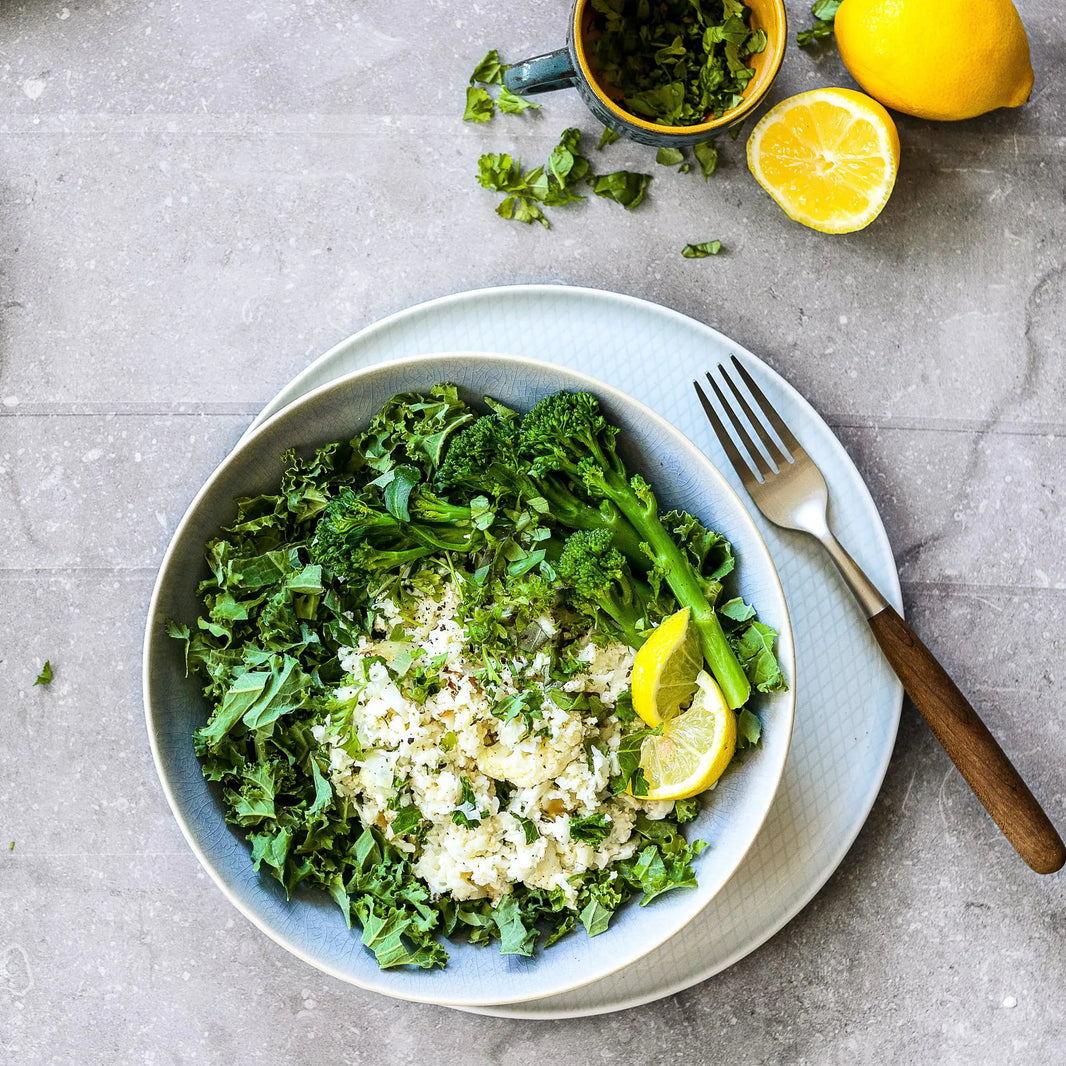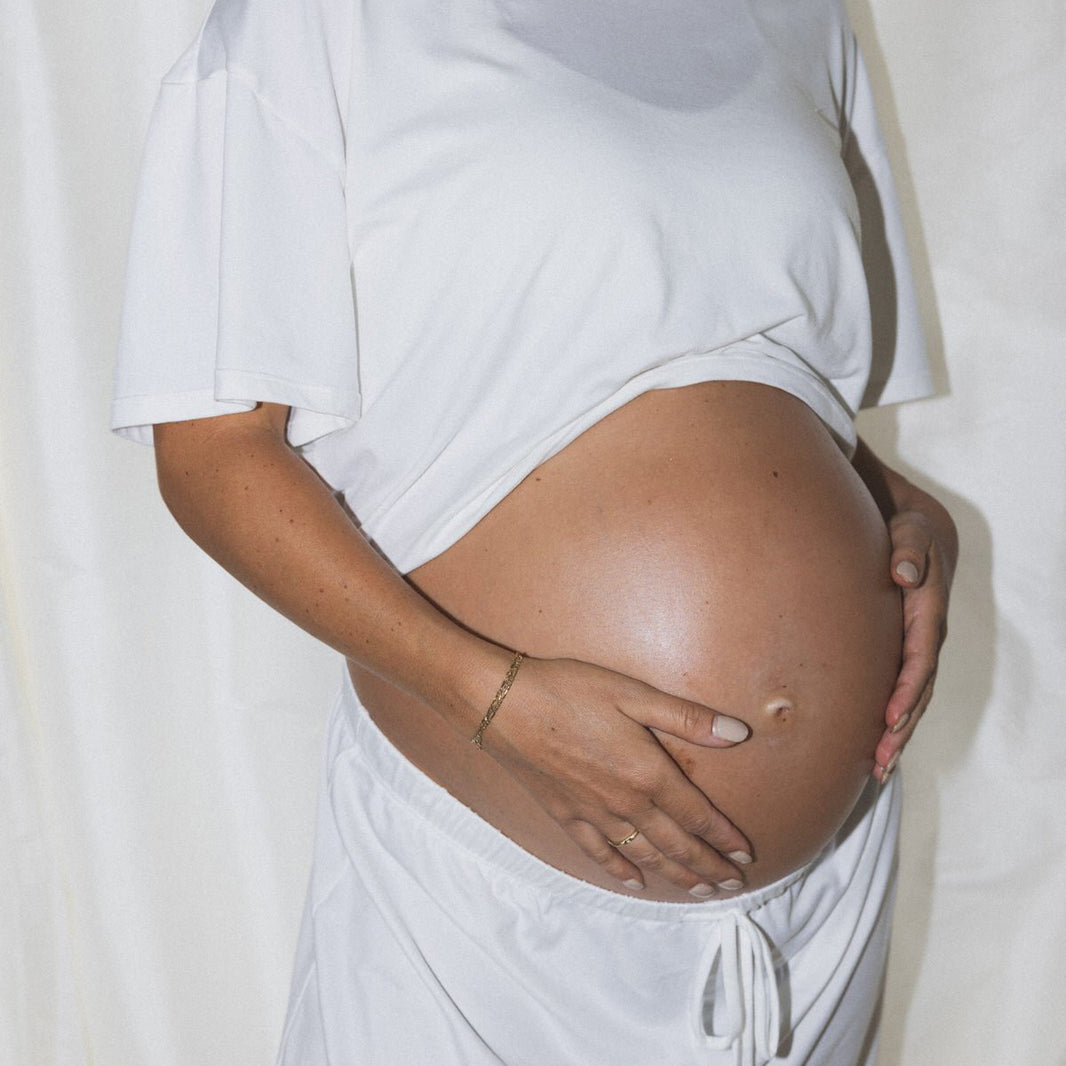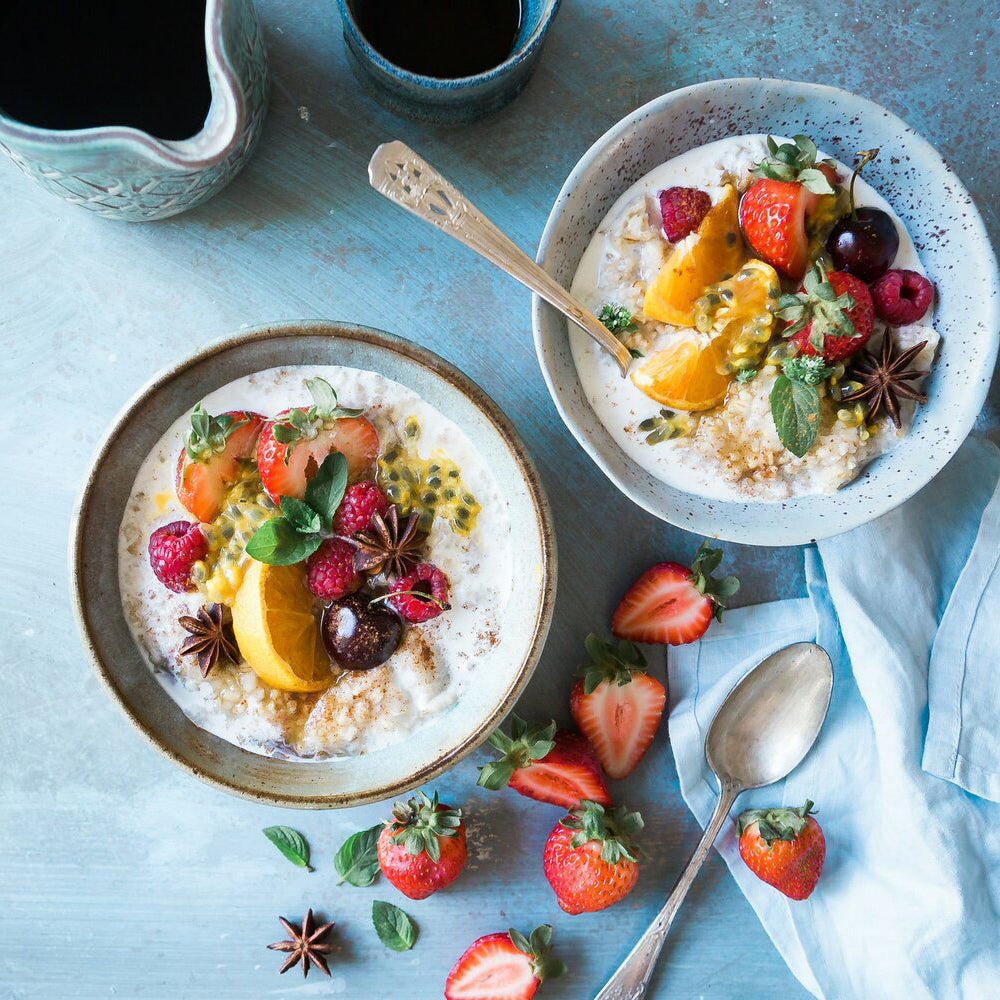By Carly Wertheim, MS, CNS:
As you enter the homestretch of your pregnancy journey, the third trimester, your body works tirelessly to support the rapid growth and development of your baby. During the last three months of pregnancy, your little one’s bones, muscles, and brain gain substantial mass, and their organs and tissues continue to mature.
All this growth takes energy and nutrients, which come from eating a nutrient-rich, balanced diet. The third trimester is an important time to emphasize nutrition, not only for optimizing birth and health outcomes for baby, but also to prevent depletion and support your health as you enter parenthood.
Here’s a breakdown of five key nutrients and their roles during this crucial period of development:
1. Calcium
Your baby's bones are undergoing rapid development in the third trimester. Consuming adequate calcium supports baby’s skeletal growth and development, and helps to prevent overdrawing calcium from your own skeletal system. While intestinal calcium absorption amazingly doubles to help meet the mineral demands of pregnancy, it’s important to hit the requirement of 1000 mg calcium/day. Dairy products, leafy greens, sardines with their bones, almonds, tahini, and a calcium-containing prenatal can contribute to meeting your daily calcium needs.
2. Iron
During the third trimester, the fetus receives a whopping 80% of its iron. Your growing baby needs iron to form red blood cells, and will rely on their prenatal iron stores for their first six months of life if they’re exclusively breastfeed. Additionally,you need iron to support your increased blood volume, energy, and thyroid health. Include iron-rich foods like lean red meats, liver occasionally, dark meat poultry, sardines, cooked mussels and oysters, beans, lentils, and sesame seeds to eat the needed 27mg iron/day.
3. Protein
Protein is the building block of life, and during the third trimester, it becomes even more crucial. Protein needs increase to 1.5g/kg (calculated from your pre-pregnancy weight) during the second half of pregnancy. This supports the development of your baby's muscles, organs, and tissues, and helps you maintain your muscle mass. Include lean meats, poultry, fish, eggs, dairy, and plant-based protein sources like beans and legumes in your meals to hit your protein requirements. You can also use a collagen protein powder to close the protein gap and ensure you’re getting enough of the conditionally essential amino acid, glycine.
4. Omega-3 Fatty Acid DHA
Omega-3 fatty acids, especially DHA, play a crucial role in the development of your baby's brain and eyes. The third trimester is an especially important time to focus on your DHA intake, with baby’s brain almost tripling in weight. While plant foods like chia, flax, and walnuts contain the omega-3 ALA, conversion of ALA to DHA is very low. So, incorporating fatty, low-mercury fish like salmon and sardines a few times a week, or taking an omega-3 supplement if you don’t eat seafood, will ensure you’re receiving the suggested 200-300 mg essential, brain-supporting fat.
5. Fiber
As your baby grows and takes up space in your abdominal cavity, so does the pressure on your digestive system. Fiber-rich foods like whole grains, fruits, vegetables, nuts, seeds, and legumes can help alleviate constipation, a common issue during the third trimester, and nourish your gut microbiome. Ground flax seeds stirred into a bowl of oatmeal or a chia seed pudding are other easy way to add fiber to your diet. Be sure to also increase water consumption, because added fiber without additional water can have the reverse effect! Aim for minimum of 25 grams of fiber/day.
For more information about optimal nutrition during pregnancy, check out the Momday Nutrition Course, Over 12 modules, we guide you through foundational knowledge and skills to nourish your growing baby and help you enter parenthood feeling vital, resilient, and deeply nourished.








